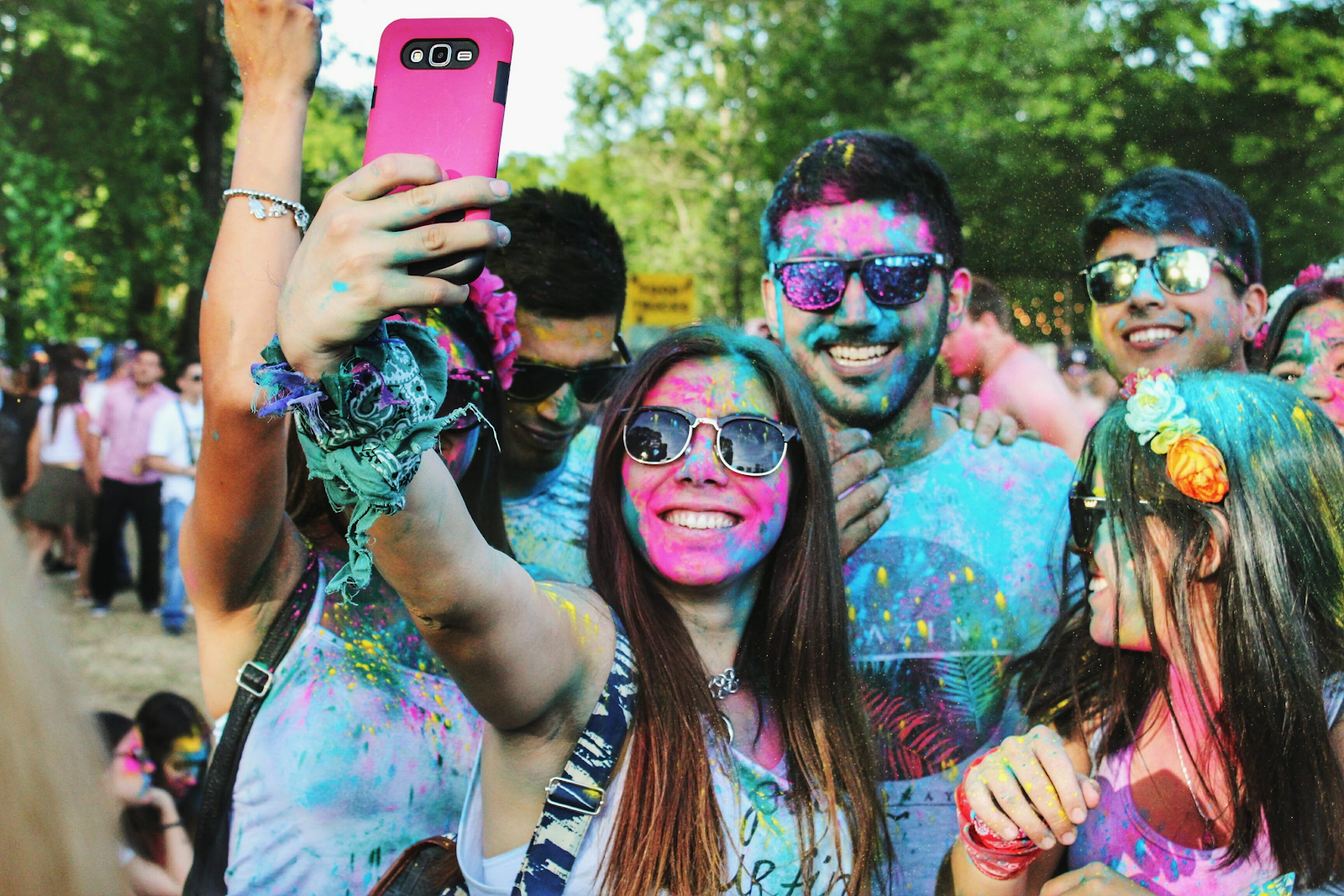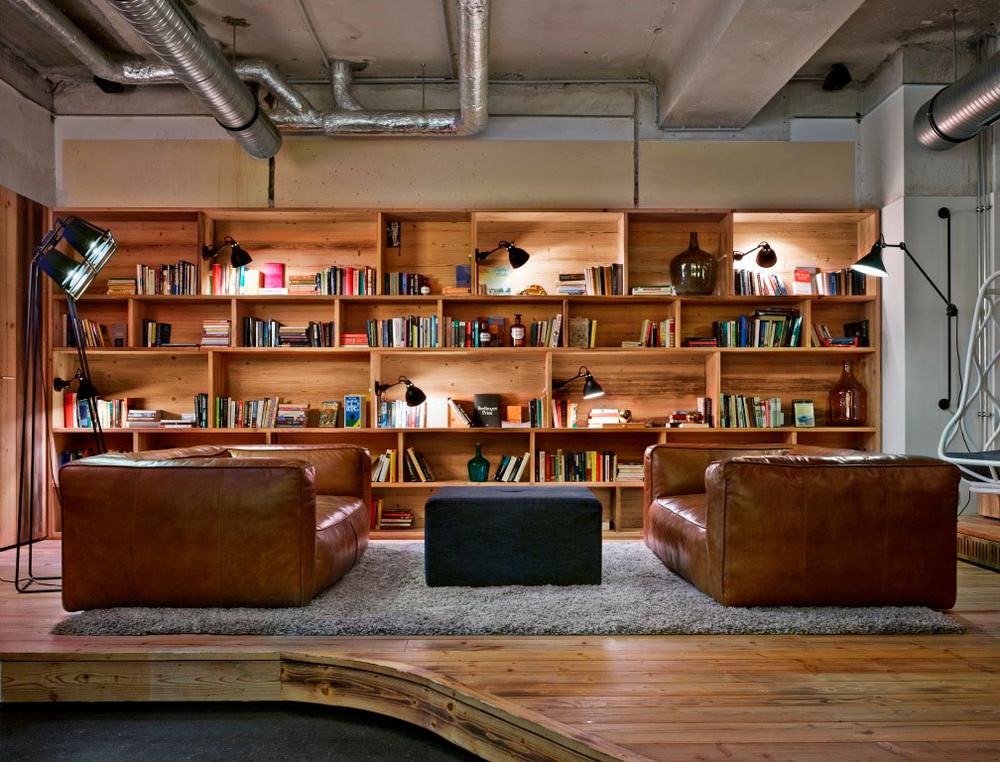A travel-demanding generation
Millennials, also known as generation Y, are a demographic cohort born between 1980 and 1999. Currently the fastest-growing age segment in terms of money spent on trips, this travel-demanding generation is well-known for its fascination with exploring the world. Their mindset has fundamentally changed the behavior of companies, especially in the hospitality industry. Millennials are looking for more than just a place to stay. They crave a full-on experience and being able to embrace the local culture during their journeys.
Forecasts suggest that by 2020, this generation will be willing to spend $1.4 trillion on travel each year. Given these numbers and the fact that millennial travelers will make up more than 50% of all hotel guests worldwide, it’s no surprise that millennials have become essential to the hospitality industry. So let’s take a look at what distinguishes this generation from other guests and how savvy hoteliers are adapting to suit their needs.
Ownership doesn't define status, it's all about the experience

Millennials have changed the way of defining a person’s status, from owning cars, televisions and even houses to the so called “experimental approach”. Ownership is not the priority of this age group any more. Unforgettable memories and compelling experiences are more valuable to them than material goods. Millennials are willing to give up things like coffee, new clothes and even Netflix so they can spend more money on travelling.
To meet the expectations of millennials searching for an authentic experience, some hotels choose a design inspired and influenced by the local destination. Launched in response to extensive customer research, Canopy by Hilton offers hotels with a local feel where employees are called “enthusiasts”. The brand has been successful in attracting this slice of the market thanks to initiatives such as in-room amenities and welcome gifts related to the local neighborhood so that guests feel they have arrived in another place. Each Canopy property is unique and has multiple connections to local food, art and music. Canopy in Denver welcomes travelers with Rocky Mountain Chocolate whereas in Chicago guests can enjoy Garret’s Popcorn.
A love affair with technology
Millennials are the first generation of digital natives and this means a complete change in their expectations and behavior when it comes to technology. Plugged to their devices 24/7, they love using technology to make their life easier and smoother - especially when it comes to traveling.
Aloft Hotels, a chain of boutique hotels owned by Starwood, is well-aware of this fact. To tempt this tech-savvy generation, guests can order from an emoji room-service menu by texting a string of emoji (including their last name and room number) before being served by a robotic bellhop. In the same vein, Yotel, who claim to “disrupt the world of hospitality through technology, design and our people” employs a robot who performs the activities of a bellboy carrying luggage before and after check-in.
Another example is the W Hotel group, who lets tech-savvy guests unlock their rooms in some of their hotels with an Apple Watch, while the Scandinavian hotel group HTL Hotels enables both check-in and room access using a smartphone. The Ritz-Carlton app enables guests to order extra towels or toiletries, luggage pickup or housekeeping services directly from their mobile.
Social Media 24/7
Their predisposition for technology adoption means they document all their travels online for the world to see. 97% of millennials use social media during their trips, which acts like a trigger for those who read their posts to go in search of an adventure. Social media has become a true source of travel inspiration for millennials but that’s not all. It’s also an incredibly powerful platform for hospitality brands to communicate and engage with potential customers.
Designed with millennial social media-lovers in mind, Moxy Hotels, Mariott’s new hotel brand, displays a large video wall in the lobby called "The Guestbook.” Guests can upload their photos and videos directly to Instagram and see their favourite snaps exhibited on the wall of the hotel - a cunning ploy to encourage guests to showcase online their experience at a Moxy Hotel!
Gamification: shall we play a game?
Millennials’ need for immersed experimental engagement has led to the rise of various innovative hotel concepts. With this came the trend to implement gamification initiatives to improve loyalty programs and user experience. Gamification in the hotel industry often implies elements of game playing, such as point scoring or creating competitiveness.
One such example of gamification in the hospitality industry is The Trivial Pursuit Hotel, where guests pay with knowledge by answering questions from the Trivial Pursuit game. This concept allows for more engagement, enjoyment and interaction from both customers and employees.
Hostels and alternative accomodations on the rise
Due to the huge demand from millennials, hostels, which are typically considered a low cost option, are on the rise but with a concept that has evolved with the times. Hostels today are reinventing themselves - adding movie theaters, bars, pools to their offering in order to meet the demands of the millennial traveler, who make up 70% of hostel guests and spend the most money during their stay.
Generator, a stylish, innovative and modern type of hostel brand, offers different kinds of room type to suit the needs of every individual customer. Hostel vibes combined with luxury and design, a cool bar, and all of this at affordable prices in 7 different European cities make Generator hostels one of the favorite places for millennials to stay.
Personalization is the key to success

Today, the majority of people don’t show loyalty to a particular hotel brand and this is even more true for millennials. The only hope for hotels to build this brand loyalty is by offering them a truly unique and personalized experience. Offering personalized perks and packages on the hotel website seems to attract more millennials, because that’s exactly what they are looking for. The technology company The Hotels Network is innovating extensively in this area and helping thousands of hotels worldwide to personalize the website user experience and drive more direct booking conversions.
When it comes to personalizing a guest’s stay onsite, an interesting example is an initiative offered by InterContinental Hotels Group. By placing beacons in the lobbies and restaurants of their hotels in China, they can recognize rewards club members and send them personalized offers, perks and notifications on their mobile devices.
What about generation Z?
The rise of hostels and experiential hotels shows that many hotel brands are trying to adapt to generation Y’s needs. It might be too early to think about generation Z, but they will soon become the next rapidly-growing segment of travelers that brands will be eager to attract. Given the fact that they are the most technically oriented generation of all times, preparing to meet millennials’ need now may be a wise investment towards the next generations to come.





-1.png?width=130&height=145&name=Direct%20Booking%20Tools%20Badge%20(2)-1.png)
.png?width=130&height=145&name=Direct%20Booking%20Tools%20Badge%20(1).png)
